
Dugald Stewart was a Scottish philosopher and mathematician. Today regarded as one of the most important figures of the later Scottish Enlightenment, he was renowned as a populariser of the work of Francis Hutcheson and of Adam Smith. Trained in mathematics, medicine and philosophy, his lectures at the University of Edinburgh were widely disseminated by his many influential students. In 1783 he was a joint founder of the Royal Society of Edinburgh. In most contemporary documents he is referred to as Prof Dougal Stewart.

This article contains information about the literary events and publications of 1796.
This article contains information about the literary events and publications of 1756.

Hannah More was an English religious writer, philanthropist, poet, and playwright in the circle of Johnson, Reynolds and Garrick, who wrote on moral and religious subjects. Born in Bristol, she taught at a school her father founded there and began writing plays. She became involved in the London literary elite and a leading Bluestocking member. Her later plays and poetry became more evangelical. She joined a group opposing the slave trade. In the 1790s she wrote Cheap Repository Tracts on moral, religious and political topics, to distribute to the literate poor. Meanwhile, she broadened her links with schools she and her sister Martha had founded in rural Somerset. These curbed their teaching of the poor, allowing limited reading but no writing. More was noted for her political conservatism, being described as an anti-feminist, a "counter-revolutionary", or a conservative feminist.
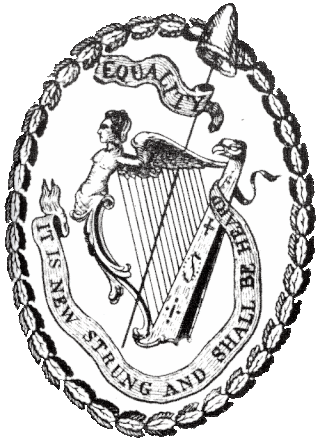
The Society of United Irishmen was a sworn association, formed in the wake of the French Revolution, to secure representative government in Ireland. Despairing of constitutional reform, and in defiance both of British Crown forces and of Irish sectarian division, in 1798 the United Irishmen instigated a republican rebellion. Their suppression was a prelude to the abolition of the Irish Parliament in Dublin and to Ireland's incorporation in a United Kingdom with Great Britain.
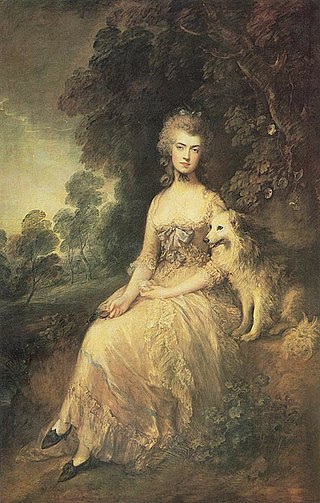
Mary Robinson was an English actress, poet, dramatist, novelist, and celebrity figure. She lived in England, in the cities of Bristol and London; she also lived in France and Germany for a time. She enjoyed poetry from the age of seven and started working, first as a teacher and then as actress, from the age of 14. She wrote many plays, poems and novels. She was a celebrity, gossiped about in newspapers, famous for her acting and writing. During her lifetime she was known as "the English Sappho". She earned her nickname "Perdita" for her role as Perdita in 1779. She was the first public mistress of King George IV while he was still Prince of Wales.

Jane West (1758–1852), was an English novelist who published as Prudentia Homespun and Mrs. West. She also wrote conduct literature, poetry and educational tracts.

William Drennan was an Irish physician and writer who moved the formation in Belfast and Dublin of the Society of United Irishmen. He was the author of the Society's original "test" which, in the cause of representative government, committed "Irishmen of every religious persuasion" to a "brotherhood of affection". Drennan had been active in the Irish Volunteer movement and achieved renown with addresses to the public as his "fellow slaves" and to the British Viceroy urging "full and final" Catholic emancipation. After the suppression of the 1798 Rebellion, he sought to advance democratic reform through his continued journalism and through education. With other United Irish veterans, Drennan founded the Belfast [later the Royal Belfast] Academical Institution. As a poet, he is remembered for his eve-of-rebellion When Erin First Rose (1795) with its reference to Ireland as the "Emerald Isle".
Mary Hays (1759–1843) was an autodidact intellectual who published essays, poetry, novels and several works on famous women. She is remembered for her early feminism, and her close relations to dissenting and radical thinkers of her time including Robert Robinson, Mary Wollstonecraft, William Godwin and William Frend. She was born in 1759, into a family of Protestant dissenters who rejected the practices of the Church of England. Hays was described by those who disliked her as 'the baldest disciple of [Mary] Wollstonecraft' by The Anti Jacobin Magazine, attacked as an 'unsex'd female' by clergyman Robert Polwhele, and provoked controversy through her long life with her rebellious writings. When Hays's fiancé John Eccles died on the eve of their marriage, Hays expected to die of grief herself. But this apparent tragedy meant that she escaped an ordinary future as wife and mother, remaining unmarried. She seized the chance to make a career for herself in the larger world as a writer.
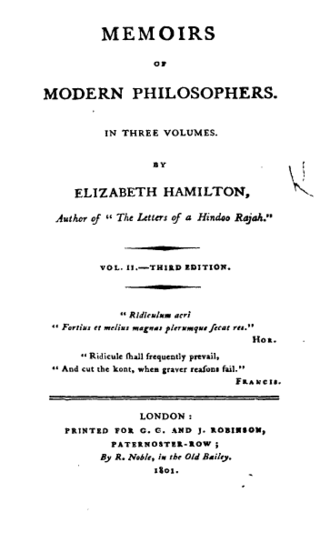
Memoirs of Modern Philosophers is a novel by British author Elizabeth Hamilton published in 1800. Responding to the Revolution Controversy of the 1790s and the debates about what roles women should occupy in English society, the novel contends that a poor education limits women's opportunities while at the same time arguing they should limit their activities to the domestic sphere. It occupies a middle ground between the liberal arguments of novelists such as Mary Hays and the conservative arguments by writers such as Hannah More.
Thomas Drennan (1696–1768) was an Irish Presbyterian minister active in advocating political and religious reforms.
Scottish orientalism refers to the collective views of a group of Scottish scholars of oriental languages, informed by the Scottish Enlightenment, and applied to the culture and administration of the Indian subcontinent though the East India Company, from the end of the 18th century to the middle of the 19th century.
Lady Mary Hamilton or Lady Mary Walker was a Scottish novelist of the 18th century. She was the youngest daughter of Alexander Leslie, 5th Earl of Leven and the mother of James Walker, a Rear admiral in the British Royal Navy.
William Tennant (1759–1832), often spelt William Tennent, was an Ulster Presbyterian banker and a leading member in Belfast of the Society of the United Irishmen who, in 1798, sought by insurrection to secure a representative and independent government for Ireland. After a period of imprisonment, he returned to the commercial and civic of Belfast, in 1810 helping to found what is today the Royal Belfast Academical Institution.
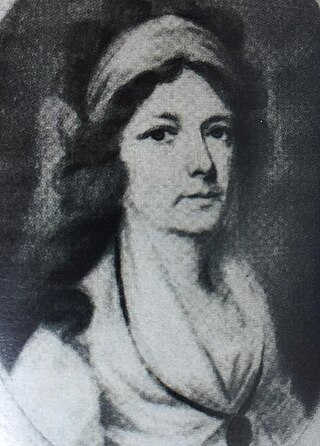
Martha "Matty" McTier was an advocate for women's health and education, and a supporter of democratic reform, whose correspondence with her brother William Drennan and other leading United Irishmen documents the political radicalism and tumult of late eighteenth-century Ireland.
Jane "Jenny" Greg (1749–1817) in the 1790s was an Irish republican agitator with connections to radical political circles in England. Although the extent of her activities is unclear, in suppressing the Society of United Irishmen the British commander, General Lake, described Greg as "the most violent creature possible" and as someone who had caused "very great [political] mischief" in her native Belfast.
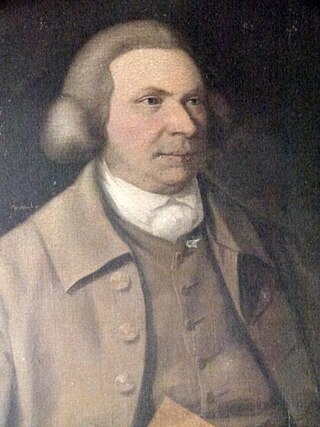
David Manson (1726-1792) was an Irish schoolmaster who in teaching children basic literacy sought to exclude "drudgery and fear" by pioneering the use of play and peer tutoring. His methods were in varying degrees adapted by freely-instructed hedge-school masters across the north of Ireland, and were advertised to a larger British audience by Elizabeth Hamilton in her popular novel The Cottagers of Glenburnie (1808).
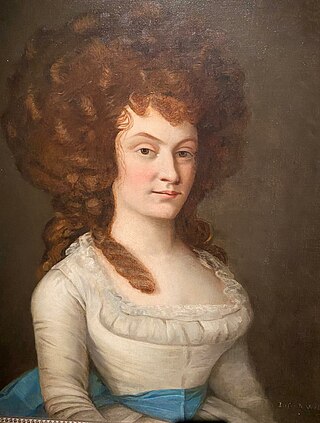
Cherry Crawford Hyndman (1768-1845) was the mistress of a liberal political household in Belfast, Ireland, and reputedly in the 1790s an active member of the republican Society of United Irishmen.

Mothers of the Novel: 100 Good Women Writers Before Jane Austen (1986), by Dale Spender, is a foundational study for the reclamation project central to feminist literary studies in English in the late 1980s and 1990s.












